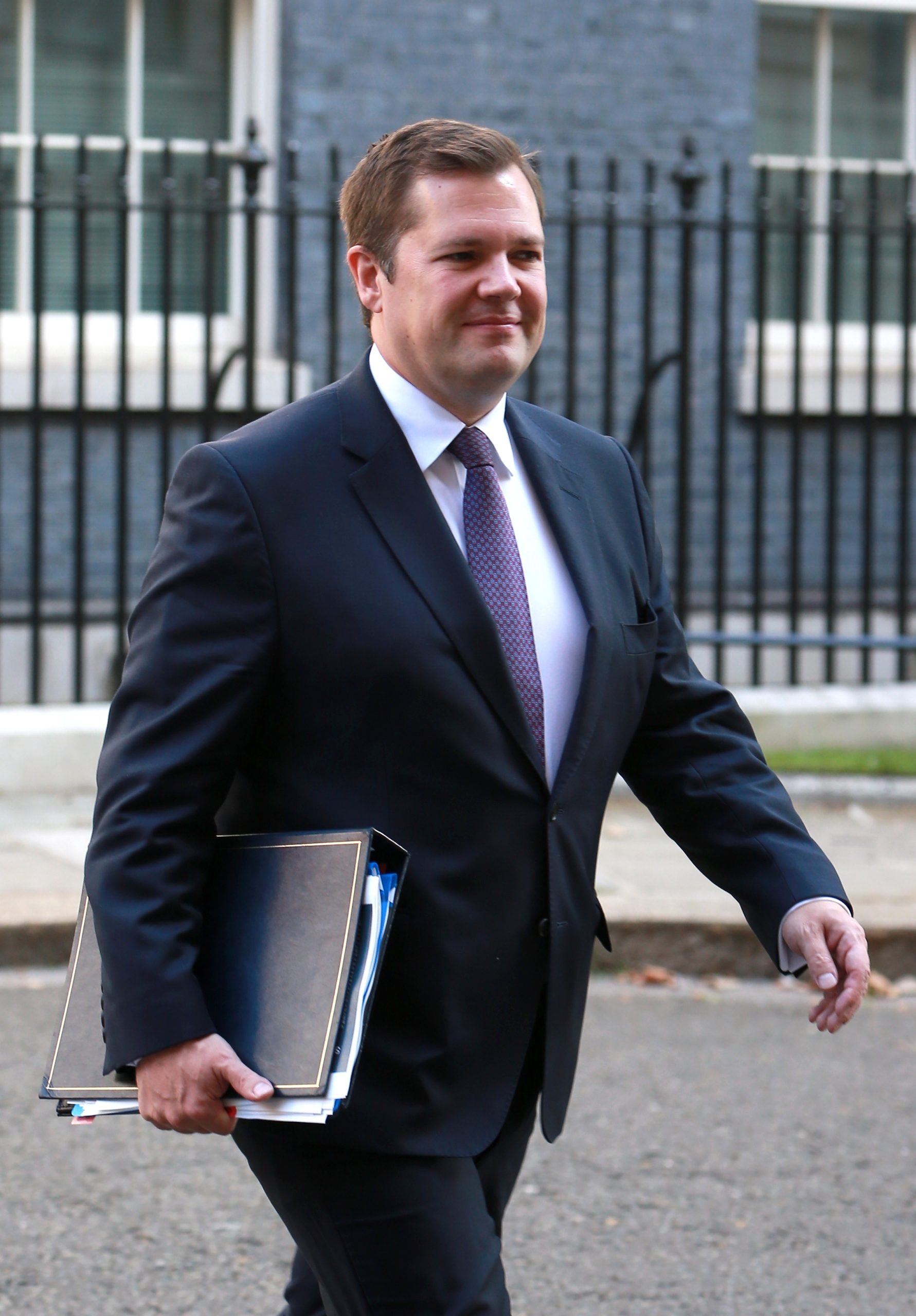Earlier this year, Janan Ganesh observed in his excellent weekly Financial Times column, that there is a social incentive for pessimism.
‘There is an asymmetry in public life. If you err on the side of optimism, it can dog you forever. Ask Francis Fukuyama. Erring the other way incurs much less cost. Ask . . . well, whom? Who is the reference point for incorrect pessimism? If a name doesn’t occur, it’s because we tend to let these things go.’
The International Education was reminded of Ganesh’s words this week, when the Migration Advisory Committee (MAC) returned with its Rapid review of the Graduate route, commissioned by the UK Home Secretary, James Cleverley. Many in the higher education sector, still reeling from the ban on dependant visas which has led to a sharp decline in recruitment for taught postgraduate programmes from key source markets, expected the worst. Predictions focused on how far the MAC would go in recommending restrictions to the Graduate route, which enables international students to seek work in the UK for up to 2 years after the successful completion of a university degree. The best to be hoped for, some believed, was that the post study work visa would not be scrapped altogether.

An age of uncertainty
These fears were not without foundation. The MAC had previously expressed concerns about the post study work visa, before its reintroduction by Boris Johnson’s government in 2019, ‘due to concerns that it would lead to an increase in low-wage migration and universities marketing themselves on post-study employment potential rather than educational quality.’
The evidence that the MAC highlighted back in 2018 was that the earnings of international graduates were substantially lower than those of domestic graduates, one year after study. As recently as December 2023, the MAC annual report stated:
‘Our concern that the graduate visa would incentivise demand for short Master’s degrees based on the temporary right to work in the UK, rather than primarily on the value of qualification, may well be borne out in the trends that we have observed. As we have already shown, the rise in student numbers is almost entirely focused on taught Master’s degrees, and the growth has been fastest in less selective and lower cost universities.’
But when the MAC’s rapid review was released, it was unequivocal in its core finding and recommendation:
‘The Graduate route has broadly achieved, and continues to achieve, the objectives set by this government. We therefore recommend that the route remains in place in its current form.
We found no evidence of any significant abuse of the Graduate route. By abuse we mean deliberate non- compliance with immigration rules.’
This did not stop the right wing of the UK’s governing Conservative Party questioning the MAC’s findings. Robert Jenrick and Neil O’Brien criticised the government for setting the wrong parameters for the review. Jenrick wrote on X ‘If you order white paint, you get a whitewash.’

Robert Jenrick: preparing for the Tories’ era in the political wilderness
Prime Minister Rishi Sunak is reported to want to push ahead with restrictions to the Graduate route. International students remain part of the net migration figures which his government has pledged to reduce, despite the majority of them returning to their home countries after graduation. Instead of euphoria, or even mild relief, the realisation that the MAC review may simply be ignored, brought the pessimists back to the fore. After all, this is a government set on pursuing its bizarre and ill-informed policy to send asylum seekers to Rwanda for the sake of looking tough on immigration. What hope for a common sense approach to international education?
Barring an unprecedented turnaround, it is a government that will not even be in power by February next year. Indeed, at least 64 of its MPs will resign their seats at the next election, and many of its ministers are reported to be looking for new jobs, in anticipation of a rout.
Yet there are some reasons for optimism. The chancellor, Jeremy Hunt, gave some glimmers of hope when he said that the government will “continue to support sustainable increases in international students coming to the UK.” At the same time, he defended the ban on dependants.
Big business has also been quick off the mark to support the MAC’s views, with the leaders of Anglo American, Rio Tinto and Siemens writing to the prime minister to urge him not to make any changes to the Graduate route, citing the threats to the UK’s competitive edge, and the further weakening of finances of the university sector, damaging its resources for research and engagement with industry.
The UK is not the only key destination country whose international higher education sector is facing profound changes to its operating environment. This month, Australia has published a draft International Education and Skills Strategic Framework, placing an emphasis on quality, integrity, and sustainable growth. A bill has been put forward to enable the government to put ‘soft caps’ on inbound international student flows by limiting numbers at individual institutions. Canada has previously implemented a cap in numbers, in order to achieve net zero growth, driven by a lower rate of approval for study permit applications.
On behalf of a beleaguered UK higher education sector, Vivienne Stern, Chief Executive of Universities UK, called for stability in policy. In Australia and Canada, there are at least clear directions being pursued, despite the challenges faced by those countries’ institutions in the short term.
The emphasis of the MAC on high quality enrolment practices, and an improved governance of universities’ relationships with agents to achieve them, is to be welcomed. But when a government simultaneously pursues a goal of increasing international student numbers, and associated export revenues, whilst making sudden and dramatic changes to stymie that growth, there are significant questions to be asked about its competence. Is this a flagship sector to be proud of, or one to damage at the whim of ministers desperately fighting to cling on to power, increasingly out-of-touch with reality, in the last days of a tired government?
Combined with a complete lack of vision for how one of the UK’s most important national assets should be financed, there are thousands of people across the higher education sector who are highly optimistic about how the results of the next general election will play out. Less certain is what the Labour Party’s future plans are for universities, and the level of international student flows that they will deem to be acceptable.